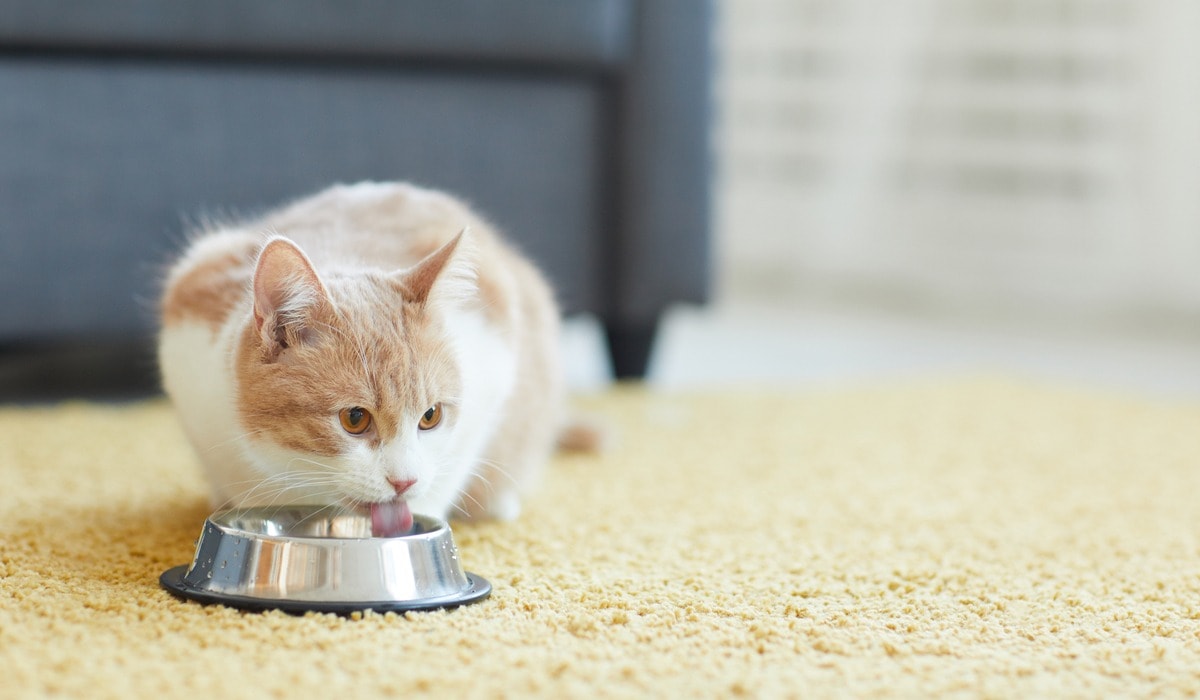Cats and urinary tract infections are a combination no pet parent ever wants to have to worry about.
Fortunately, there are measures we can take to reduce the chances of our felines being struck down by this nasty condition.

We recognise that you may wish to customise your Cookie Preferences. We use Cookies to help provide you with a more personalised experience along with enhanced shopping features. Please set your preferences below.
Cats and urinary tract infections are a combination no pet parent ever wants to have to worry about.
Fortunately, there are measures we can take to reduce the chances of our felines being struck down by this nasty condition.
A urinary tract infection in cats is a type of bacterial infection that affects the bladder and/or the urethra.
UTIs in cats are not actually all that common, but when they do occur they can cause considerable pain and discomfort.
Urine is formed and stored in the bladder until it flows from a cat’s body through their urethra.
If either of these body parts become infected, your cat will struggle to urinate normally.
These types of infections rarely emerge without an underlying cause already affecting the urinary tract (i.e. diabetes, bladder stones).
It is vitally important you contact your vet as soon as you notice UTI symptoms.
With proper treatment, the condition will usually resolve itself within a week.
Left untreated, a UTI in cats can lead to serious illness.
Prevention is better than cure.
While there are plenty of treatments available for UCIs, there are also plenty of things pet parents can do to prevent one occurring in their cats.
First of all, always ensure they have access to fresh, clean water, and wash their bowl out regularly.
Hydration levels can also be topped up by feeding your cat wet food, that is if you don’t already as part of a complete and well-balanced diet.
Keep on top of cleaning out their litter box. This should be a place they feel relaxed using, so do all you can to make it that way. Placing two or three around the house should increase comfort.
Minimise stress, too. Anxiety can lead to urinary problems in cats, so be aware of anything that might make them agitated. This could be a new pet in the home, a baby, disruption to their routine, even a change in diet.
Food plays a huge role in keeping our felines fit and healthy. Feeding them meals that contain natural goodness – protein, fats, fibre vitamins and minerals – will strengthen their immune system, which serves as a protective barrier to infection and illness.
No matter how hard we try to protect our cats though, sometimes they will just fall ill.
Seeking medical advice is then the best course of action.
